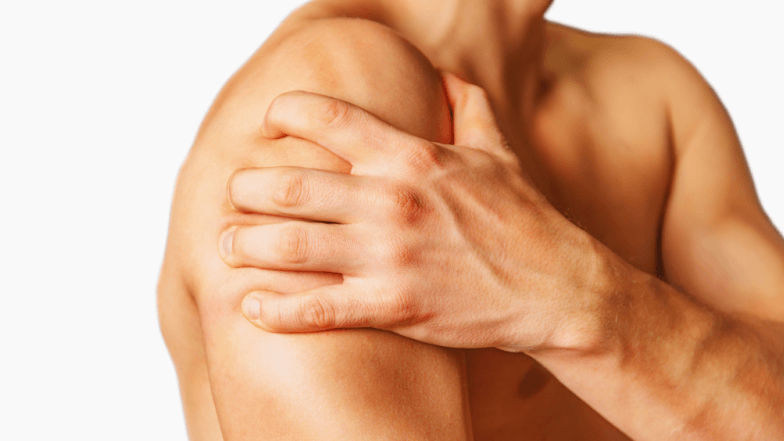Are There Age-Related Risks for Rotator Cuff Injuries?
&srotate=0)
If you're like many people, you may think of rotator cuff injuries being something that only athletes and weightlifters have to contend with. In reality, though, almost anyone can sustain a rotator cuff injury, and some of the risks for tearing your rotator cuff may surprise you — like your age. Believe it or not, simply being 40 years of age or older can put you at increased risk of injuring or tearing your rotator cuff due to the natural weakening of tendons over time. When combined with other lifestyle factors, the risk can be even greater. Here, Dr. Christopher Williams of Interventional Orthopedics of Atlanta offers important information to keep in mind about how age is connected to the risk of rotator cuff injury, how to know if you've torn your rotator cuff, how a torn rotator cuff is treated, and more.
What causes a rotator cuff tear?
There are a multitude of things that can contribute to rotator cuff injuries. Oftentimes, trauma or acute injury is responsible for a torn rotator cuff. However, many people injure or tear their rotator cuff due to more prolonged causes, like years of overuse or heavy lifting.
What are the risks for a rotator cuff tear?
While virtually anyone can tear their rotator cuff, especially with an unexpected trauma, there are several things that may increase your risk of tearing the rotator cuff, such as:
- Overuse
- Heavy lifting
- Playing certain sports
- Work-related factors, like overhead positions and strenuous labor
- Poor history
- Genetics
- Previous injury to the rotator cuff
- Repetitive stress
- Age
Why does age increase your risk of rotator cuff tears?
The rotator cuff is a group of connective tendons and muscles that surround the shoulder joint. With age, these tendons and tissues naturally become weaker, which elevates the risk of a tear. Additionally, years' worth of chronic behaviors — like heavy lifting, overuse, awkward positioning, poor posture, and others — can cause wear and tear that accumulates over time. When combined with the natural weakening of the tendons, this puts older patients at an even greater risk of tearing or injuring their rotator cuff.
What are the symptoms of a torn rotator cuff?
The signs and symptoms of a rotator cuff tear can vary somewhat based on the cause of the tear, the patient's overall health, and other factors. Generally speaking, some of the most common signs of a rotator cuff injury include:
- Dull ache in the shoulder
- Occasional sharp or shooting pains
- Weakness in the arm
- Numbness and tingling in the arm
- Pain when raising arm above head
If you suspect a rotator cuff tear or injury, don't hesitate to call our office. Using a combination of physical evaluation, imaging studies, and other diagnostic strategies, Dr. Williams can help determine the extent of your injury and recommend the most appropriate course of action possible.
Will a torn rotator cuff heal on its own?
Although most rotator cuff injuries will not heal spontaneously — and may even worsen when left untreated — many can be addressed with conservative methods like ice, rest, physical therapy, and over-the-counter medications. However, more extensive rotator cuff injuries or those that don't respond to conservative strategies may require treatment with steroid injections, regenerative therapies, or surgery. Again, Dr. Williams will work with you to develop a customized treatment plan based on the nature and extent of your injury that helps you get the relief and restored function you deserve in the quickest, longest-lasting, and most convenient way possible.
Suspect a torn rotator cuff in Atlanta, GA? Let our orthopedic medicine specialists help
Tearing your rotator cuff at any age can be painful and disruptive, but patients in their 40s and older may find the injury particularly frustrating, immobilizing, and slow to heal. Don't let a torn rotator cuff keep you down any longer than it has to. Call our knowledgeable team at Interventional Orthopedics of Atlanta today to schedule your consultation and evaluation with Atlanta, GA orthopedic specialist Dr. Christopher Williams, and get back in the game sooner.